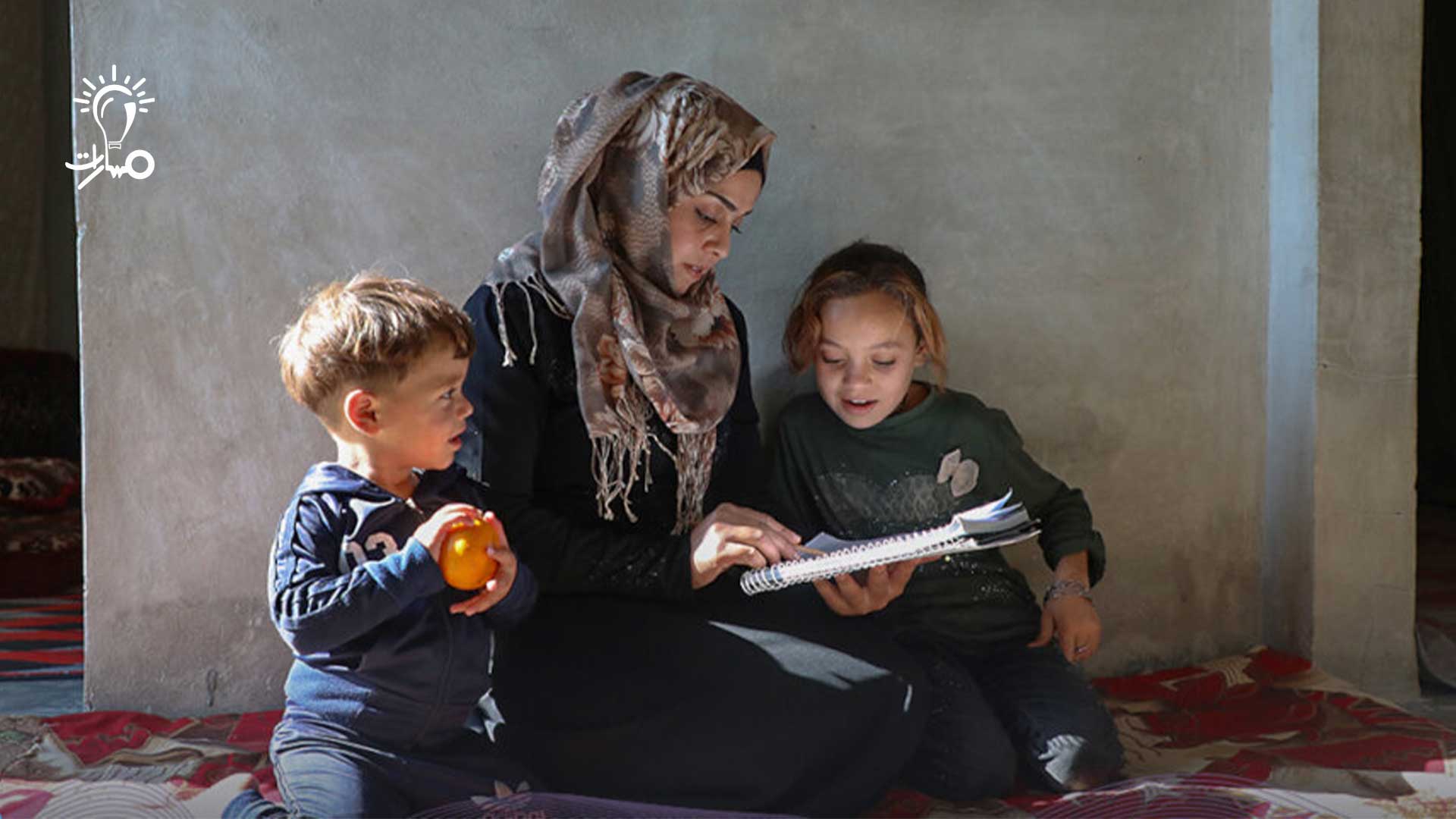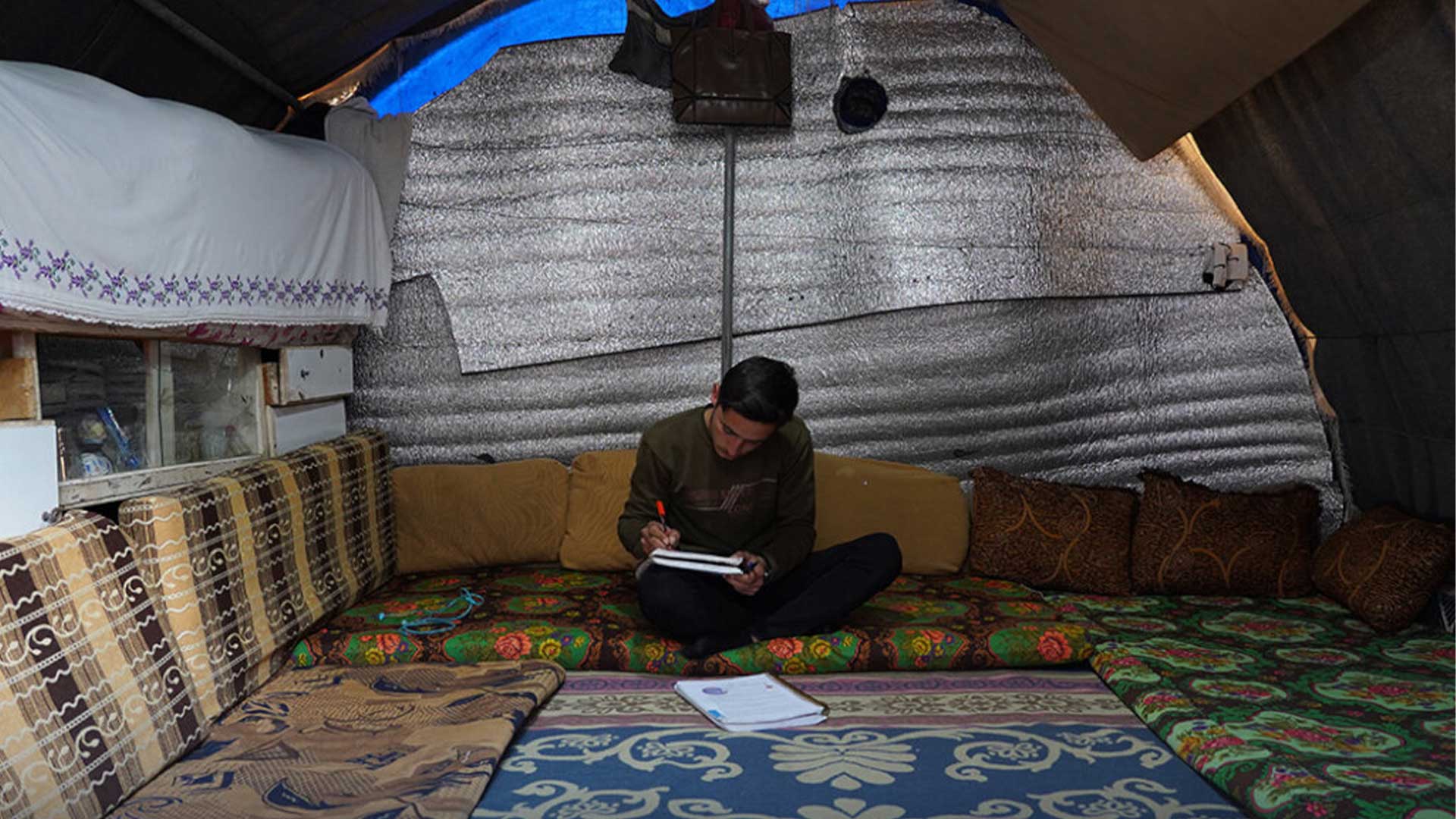Allah Almighty says, “And hold firmly to the rope of Allah all together and do not become divided. And remember the favor of Allah upon you – when you were enemies and He brought your hearts together and you became, by His favor, brothers.”
Emotional regulation is an acquired skill, developed through daily interactions, whether at work or with family. Herein lies the individual’s ability to control their immediate reactions and express them appropriately.
The Importance of Emotional regulation
- Avoiding conflicts with others and resolving disputes appropriately.
- Through emotional regulation, we can understand our emotions and those of others and express them calmly and clearly without engaging in conflicts.
- Emotional regulation also allows us to distinguish between emotional responses and those requiring more wisdom.
Behavior in the Workplace
The significance of our communication lies in our thoughts, behavior, and feelings, and the ideas we bring to the workplace, which affect our interaction with colleagues.
Our behavior in daily interactions forms the basis of our rational or irrational actions, indicating that feelings underpin our reactions.
“Every vessel spill what it contains.” Imagine, dear reader, if the doctor performing surgery on you had argued with his spouse that morning, souring his mood, leading him to shout at you while you are vulnerable under his care, all because he failed to properly regulate his emotions?
Upon reflection, you’ll find that regulating emotions is crucial in all daily activities. Therefore, attention should be paid to our reactions to occurrences, giving them their due consideration without rushing to anger over transient daily events.
Skills that Support Emotional Discipline
- Patience, deliberation, and active listening: The major challenge for angry people is to judge hastily before understanding an event. Strengthening the skill of listening and paying attention to others is good for such situations. “O you who have believed, be patient and excel in patience and remain stationed and fear Allah that you may succeed” (Al-Imran: 200).
- Effective negotiation and respecting others‘ opinions fall under negotiation, communication, persuasion, and influence. A hadith of the Prophet mentions, “And argue with them in ways that are best.” Regardless of differing opinions, conflicts won’t arise as long as the parties respect each other.
- Daily journaling: Through daily writing, you’ll get to know yourself and understand why, how, and when. This skill not only benefits emotional discipline but also helps in understanding its causes and analyzing your behavior unconsciously.
- Face yourself first: “The strong one is not the one who overcomes others in wrestling, but the one who controls himself in anger.”
- Nourish the spiritual side: Seek help in prayer, supplication, remembrance of Allah, and learning from predecessors. Others have also faced severe trials, and with the remembrance of Allah, hearts find peace, and souls find tranquility. Meditation and reflection also aid in emotional regulation.
In the end, we must make a significant effort to control our emotions and behaviors, maintaining a positive influence in our creative space and leaving a good mark in society. Despite the challenge of emotional resilience amidst a vast array of psychological burdens, circumstances, disasters, and responsibilities, what is possible is not impossible.
Author: Eman Al-Faraj, Operations Director at Masarat Initiative





